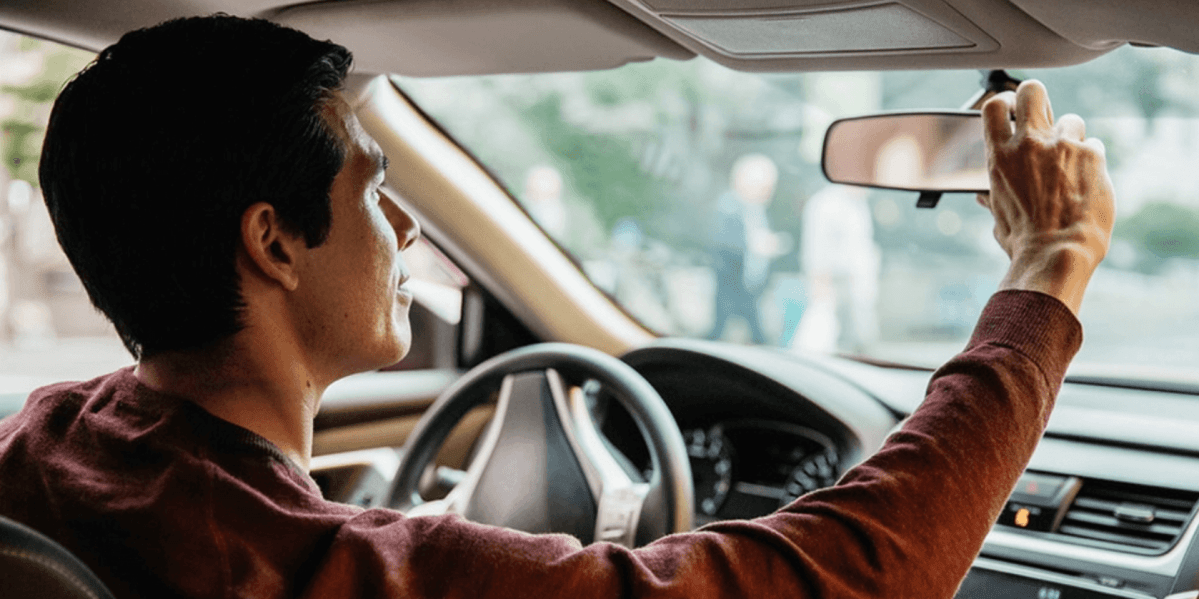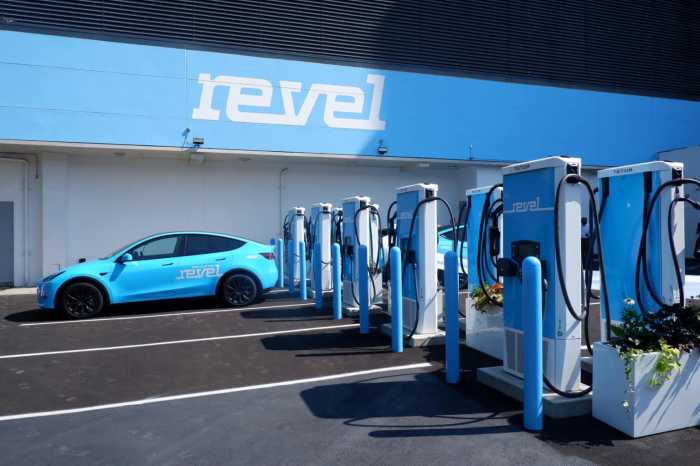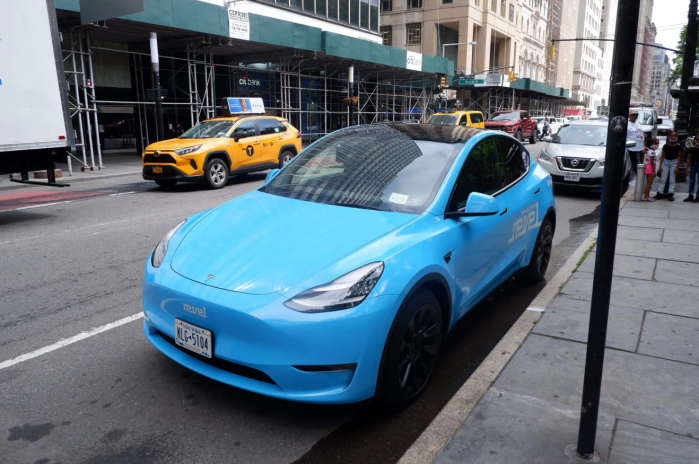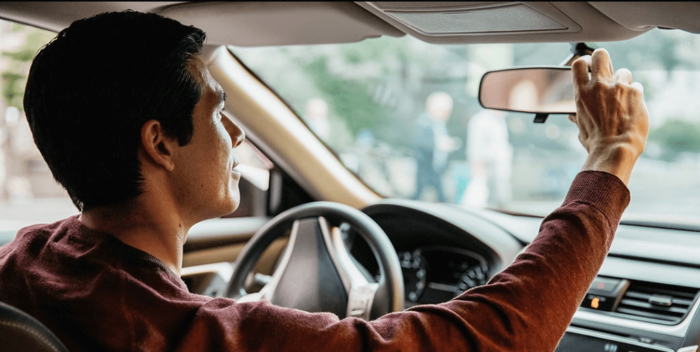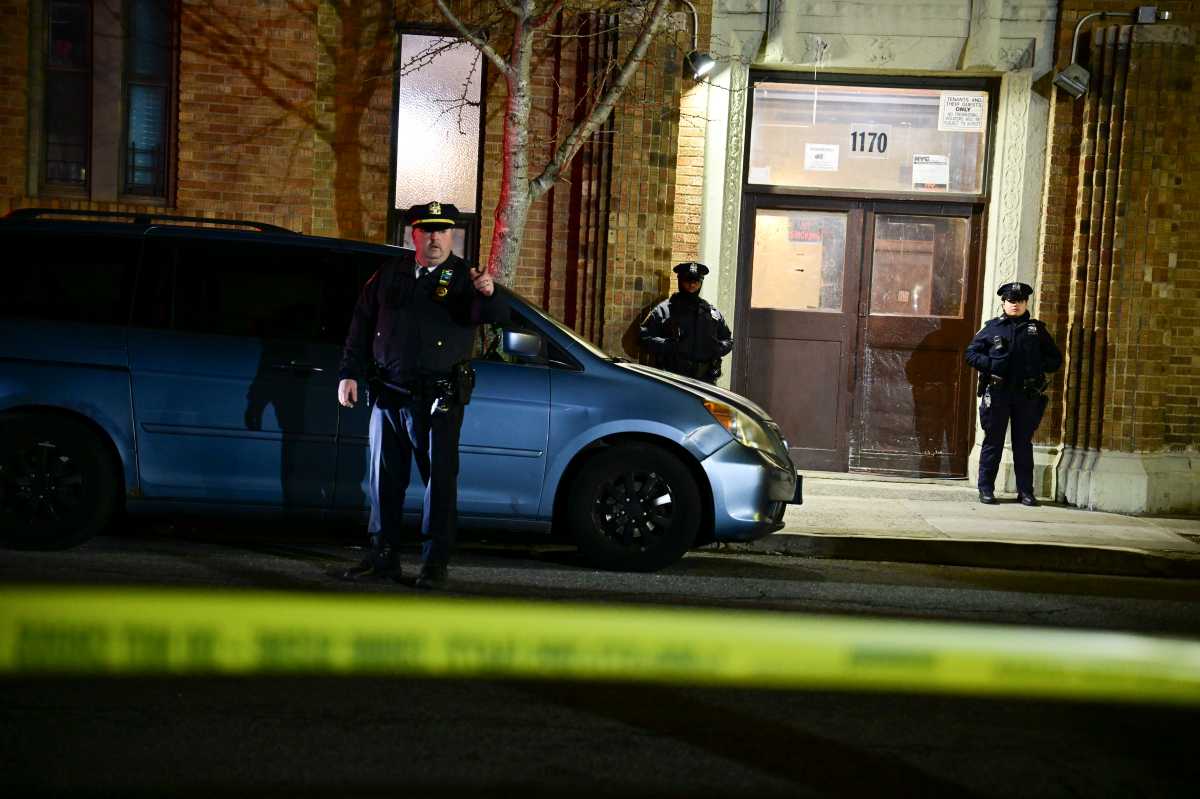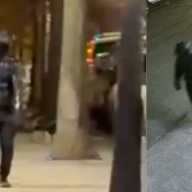Federal prosecutors in New York charged two men with orchestrating a long-running scheme to pocket phony “surge charge” fees and defraud Uber, its drivers, and its customers, in part by using an app called “Screwber.”
The FBI arrested Eliahou Paldiel, 52, of Queens, and Carlos Arturo Suarez Palacios, 54, of Brick Township, NJ. Both appeared in Brooklyn Federal Court on Aug. 28 for arraignment on charges of wire fraud and money laundering conspiracies that could land each of them in jail for 40 years.
The pair are accused of selling hacked smartphones pre-installed with the “Screwber” app to 800 separate Uber drivers, which allowed them to learn a customer’s destination and fare ahead of accepting a ride, and thus only accept the most lucrative of fares. The pair sold Screwber for a $600 one-time fee plus a $300 monthly subscription.
Separately, an app called “Fake GPS” allowed the drivers to “spoof” their location, allowing them to accept rides experiencing surge pricing ahead of closer drivers. The app also enabled drivers to pretend they were in an airport ride-hail queue before they had actually arrived and skip the virtual line.
The smartphones the pair distributed were outfitted with obsolete versions of the Uber app that allowed the use of the other apps to go undetected, the feds allege.

Overall, Paldiel and Suarez — who in messages likened themselves to drug dealers — are alleged to have reaped in some $40 million in ill-gotten gains from the scheme over a period of six years, starting in 2018 and ending just last month.
“As alleged, the defendants sought to enrich themselves by corrupting the rideshare market at the expense of unsuspecting passengers and hardworking drivers who play by the rules,” said Breon Peace, the US Attorney for the Eastern District of New York. “The defendants learned an important lesson in these charges: there is no such thing as a free ride.”
The feds only identify the victim company as “Rideshare Company-1,” which is described as a “multi-national company headquartered in the United States that provides ridesharing services.”
Reached for comment, a spokesperson for Uber confirmed it is the company in question.
“The alleged fraud by 800 bad actors not only took money out of the pockets of hardworking drivers — it forced rideshare companies to further limit access to work for tens of thousands of TLC drivers,” said Uber spokesperson Josh Gold. “We’re appreciative of the government’s efforts to bring these bad actors to justice, and fully supported law enforcement in their investigation.”
The fraud was partially responsible for a decrease in Uber’s “utilization rate,” the ratio between a driver’s total time online versus the amount of time they have passengers. Since Taxi & Limousine Commission rules require Uber and Lyft to maintain certain utilization rates, Gold said the scheme was partially to blame for a recent increase in driver “lockouts,” wherein workers are unable to access the app and cannot earn fares — or, by extension, a living.
The city recently came to an agreement with Uber and Lyft to reduce the occurrence of lockouts, while also pausing the hiring of new drivers to keep the utilization rate to TLC standards, but the resolution has been criticized by driver groups as too generous to the rideshare giants.
According to the Office of the U.S. Attorney for the Eastern District of New York, Paldiel and Suarez were each released Wednesday on $210,000 bond after pleading not guilty to the charges.



